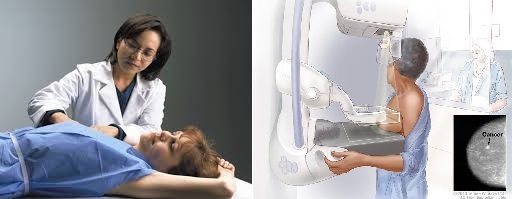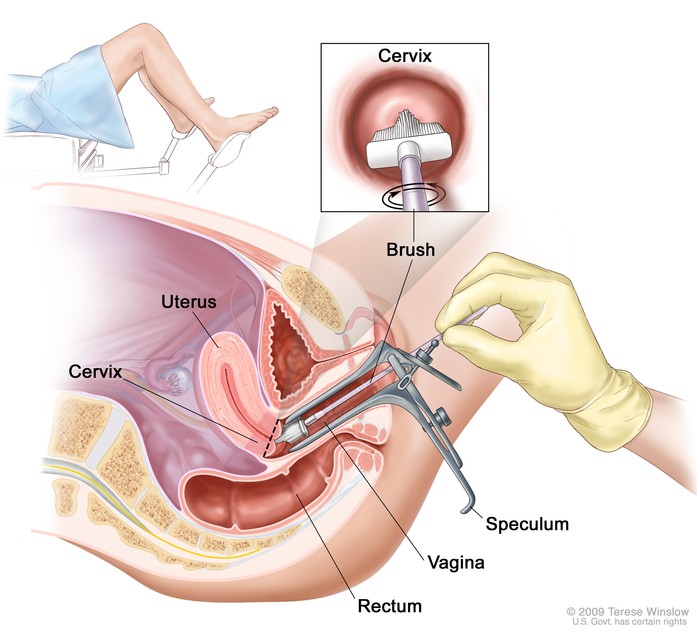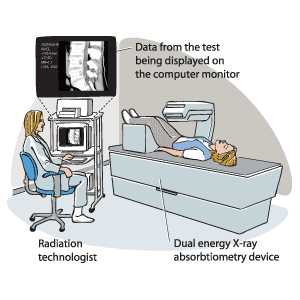Jacqueline Le-Guevara, MD
Family Medicine - Board Certified
What Screening Tests Should I Have?
Preventative care seems like an afterthought in our overly busy lives, but making the effort to see your family doctor for check-ups for early detection has proven beneficial in the fight against many types of disease. For women, there are a multitude of conditions that could be developing inside your body—like diabetes, high blood pressure, osteoporosis, and cancer, and finding them early is your best defense. But what screenings are most important for you? The answer will depend on your age, family history, and personal history so talk with your doctor and follow his or her recommendations. Here are a few of the most common tests/procedures for screening:
1. Clinical breast exams and mammograms.
Depending on your personal and family history, women should be getting a clinical breast exam (a breast exam performed by a trained medical professional) every 1 to 3 years in their 20’s and 30’s and mammograms every year starting at age 40. Your family doctor may adjust this schedule depending on your personal history and risk factors. Of course, if you ever find a breast lump during your own inspection, this warrants a visit to your family doctor for further investigation!
2. Pap smears (Pap tests).
A pap smear is a swab of the cells that grow in the cervix. We do this procedure to screen for cervical cancer. The cervix is a section of tissue that connects the area where a baby grows (uterus) with the birth canal (vagina). Changes in the cells of the cervix can lead to cervical cancer, and pap smears help find these cells with a simple, quick, painless test that can be performed in your family doctor's office. Detecting cervical cancer early with a Pap smear gives you a greater chance at a cure. In women older than age 30, the Pap test may be combined with a test for human papillomavirus (HPV) — a common sexually transmitted infection that can cause cervical cancer in some women. In general, Pap testing should begin at age 21 in most women. Depending on your risk factors, your family doctor may consider starting at an earlier age.
3. Bone mineral density testing.
Over time, minerals inside bone can be lost. As minerals dissolve, tiny holes are left in their place, making bones throughout the body weak and more likely to break. A simple fall, stumble or other injury can lead to serious problems for women with osteoporosis. Screening for this disease done through bone mineral density testing (a painless X-ray scan that checks how solid your bones are) may reveal early osteoporosis and help doctors treat it before a break occurs. Testing is recommended for all women over age 65, or postmenopausal, or earlier if you have a higher risk for the disease.


